US, UK, Japan, Australia, New Zealand form Pacific group to counter China
The US, the UK, Japan, Australia and New Zealand have launched an informal group aimed at expanding economic and diplomatic ties with tiny Pacific island nations in a move to challenge China’s regional influence.
The US-led group, dubbed Partners in the Blue Pacific (PBP), will seek to support “Pacific regionalism” and enhance economic ties between the Pacific islands and the rest of the world, the White House said in a Friday statement.
"We are united in our shared determination to support a region that benefits the peoples of the Pacific. We are also united in how we realize this vision -- according to principles of Pacific regionalism, sovereignty, transparency, accountability, and most of all, led and guided by the Pacific Islands," claimed the statement.
The statement came a day after White House Indo-Pacific coordinator Kurt Campbell announced that he expected more senior US officials to visit Pacific island nation as Washington continues its push to counter China’s rising influence throughout the strategically important region near its territorial waters.
Campbell further claimed that Washington needed more diplomatic facilities across the region, and more contact with Pacific island countries that at times "receive lesser attention."
The development comes as the Biden administration has vowed to commit more resources to the Indo-Pacific in the face of Beijing’s growing economic, military and security ties with island nations in the region vying for foreign investments.
The statement appeared to defy a strong demand by China’s foreign ministry a day earlier for the US-led NATO military alliance to avoid attempts to start a new Cold War by its attempts to expand in the Asian-Pacific region, describing the move as dangerous.
Speaking at a Thursday press briefing, Chinese Foreign Ministry spokesman Wang Wenbin slammed the NATO leaders for their provocative remarks on the issue and referred to the Western alliance was a product of the Cold War.
"We are calling on NATO to end drawing ideological lines, spreading false reports or making provocative statements about China, and to stop attempts to unleash a new cold war," Wang told reporters.
NATO Secretary-General Jens Stoltenberg on Wednesday said that since the NATO summit in Madrid will address China in a new strategic concept, he welcomes leaders of the alliance’s Asia-Pacific partners - Australia, Japan, New Zealand, and South Korea - to the summit.
He further called on the NATO members to “realize the rise of China”, adding that he expects that "allies will state that China poses some challenges to our values, our interests, and our security."
Wenbin also blasted Stoltenberg’s remarks, describing the military alliance as "a tool through which the US maintains its hegemony and manipulates the European security landscape."
"These moves are very dangerous and would certainly provoke caution and resolute opposition from Asia-Pacific countries and the entire world," Wenbin asserted.
"NATO has already messed up Europe," so it should abstain from "attempts to mess up Asia and the rest of the world as well," he added.
Russia has also condemned NATO’s persisting European expansion eastward closing in on its borders, citing the move by the military alliance for its recent military operation in neighboring Ukraine, which was reportedly next in line to join NATO.
Prior to its military operation against Kiev, Moscow’s demand from NATO for security guarantees against allowing Ukraine’s membership in the alliance was ignored and dismissed by the military bloc, prompting Russia to begin the operation aimed at establishing buffer zones to guard against potential military threats.
Confirming Russian concerns about a US-led scheme against Russia, a prominent Washington-based daily reported last week that the US and its European allies are preparing for a protracted war in Ukraine even at the cost of “a global recession and mounting hunger” as the Biden administration attempts to deny Russia victory by boosting military aid to Kiev.
“Biden administration officials had discussed the possibility of a protracted conflict [in Ukraine] with global spillover effects even before February” when US intelligence had suggested Russia was preparing to invade the country, The Washington Post reported Saturday citing “a senior State Department official who spoke on the condition of anonymity to describe ongoing international deliberations.”
The daily further cited the official as saying that the Biden administration hopes that the surge of supplying new weaponry to Kiev -- in addition to successive waves of sanctions and Russia’s diplomatic isolation – would potentially avert Moscow’s willingness to continue the fight.
“Even if that reality does not materialize immediately, officials have described the stakes of ensuring Russia cannot swallow up Ukraine… as so high that the administration is willing to countenance even a global recession and mounting hunger," the report added.
VIDEO | Iran’s Eurasia Expo 2025 showcases free trade zone opportunities
VIDEO | Nigeria legislature investigates USAID for suspicions of sponsoring terrorism
VIDEO | Yemen's mysterious water well said to help cure illnesses
VIDEO | Iranian women in Sydney challenge Western narratives
Iran urges speeding up of legal processing of Israel’s genocide, war crime cases
VIDEO | Large protests held as Germany goes to polls
VIDEO | With Adnan Mansour on Lebanon, its future
VIDEO | 'Captives only released under Resistance terms'


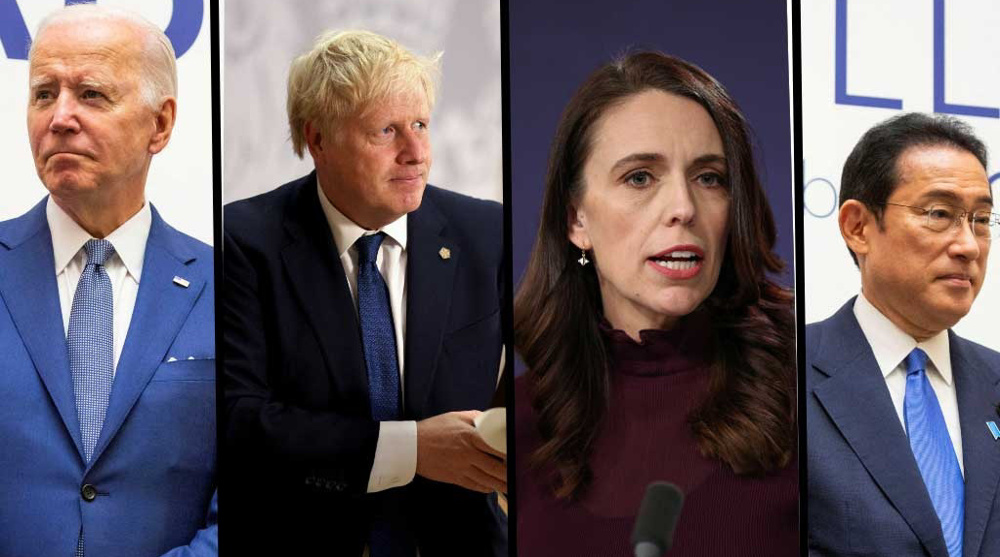
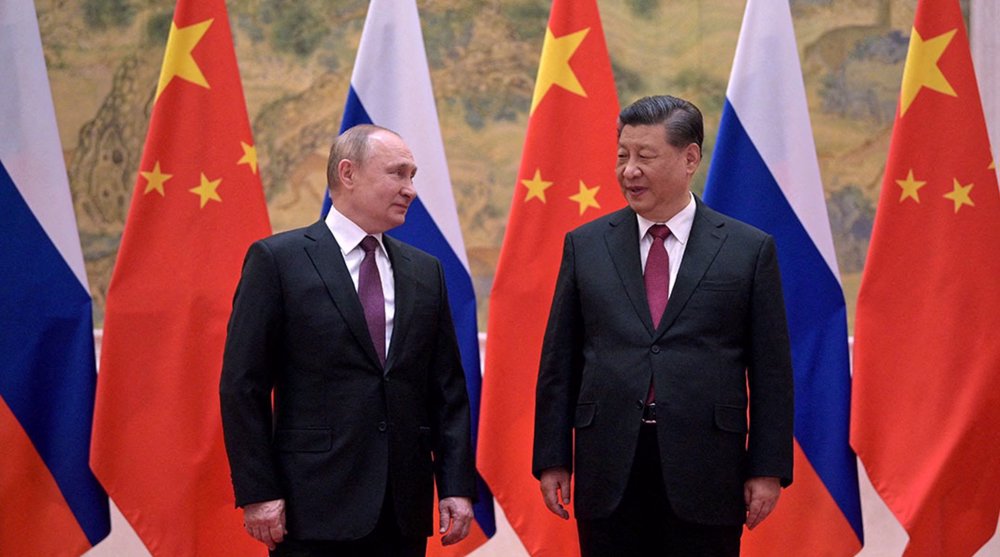

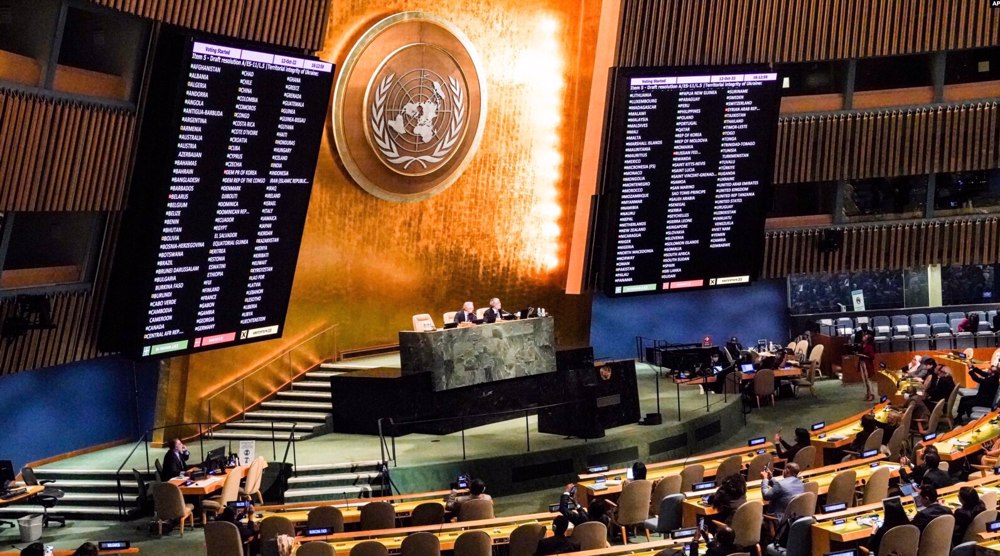

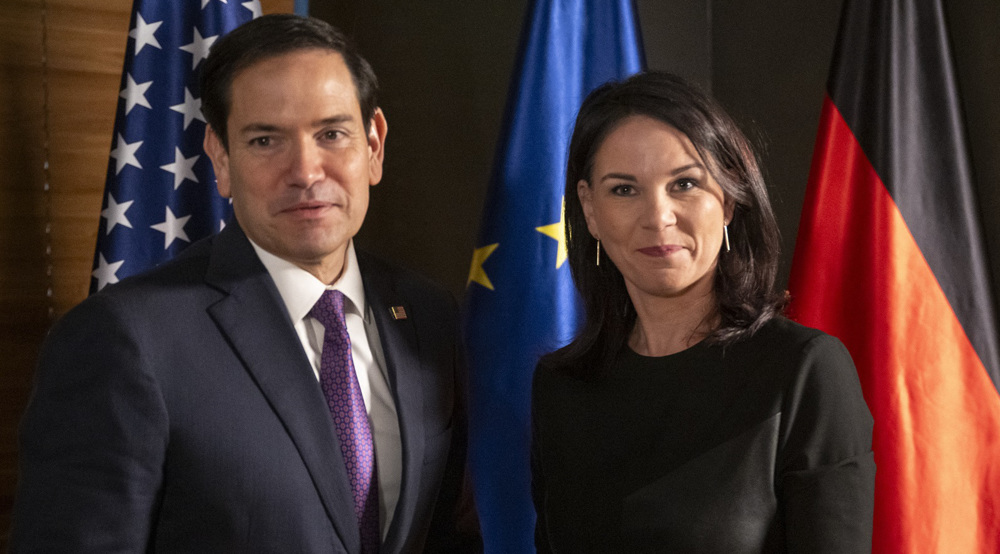



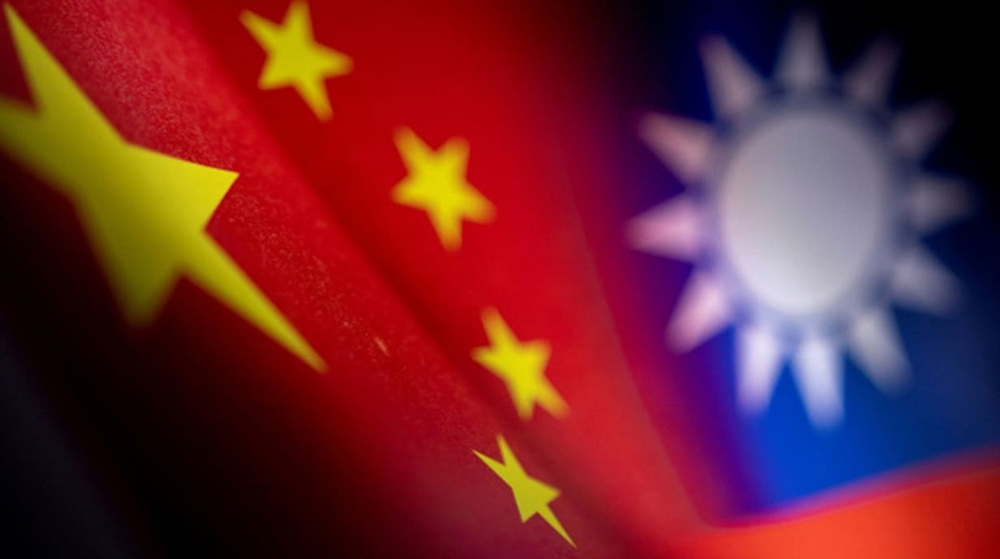
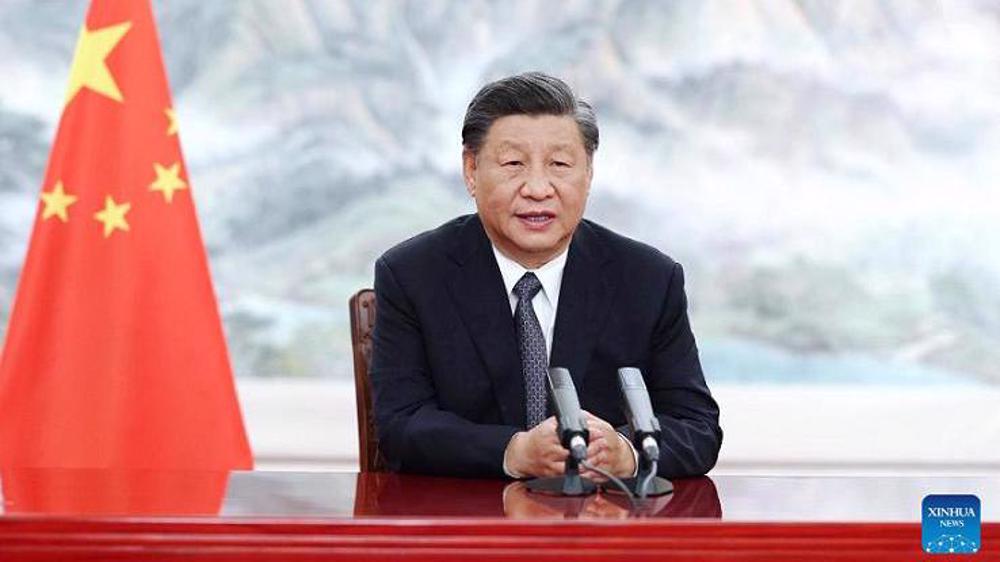
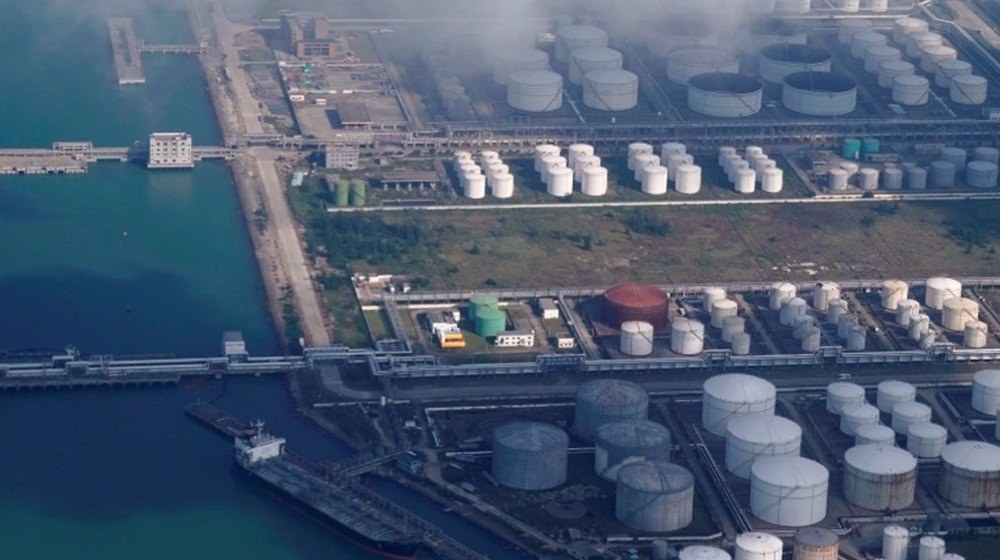
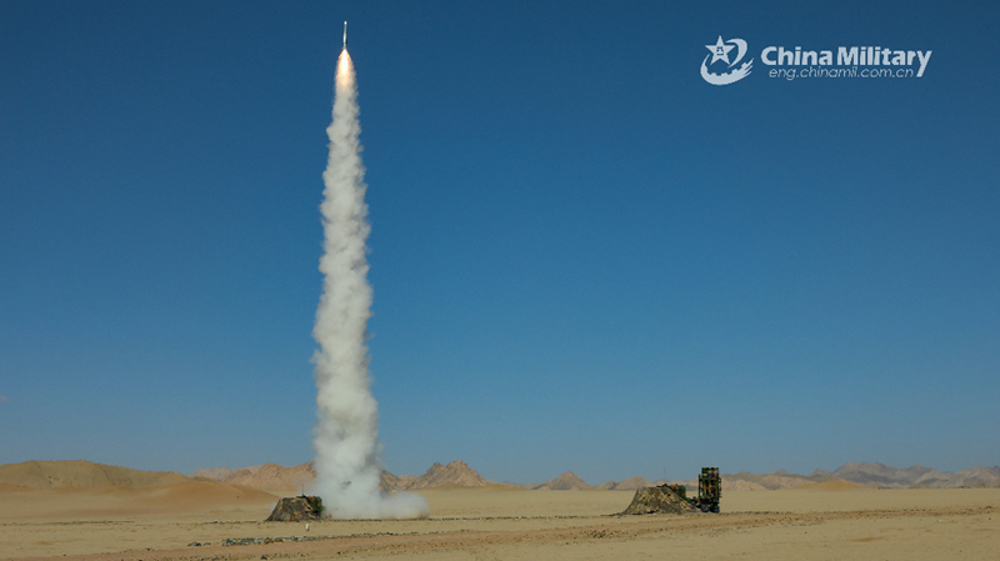

 This makes it easy to access the Press TV website
This makes it easy to access the Press TV website